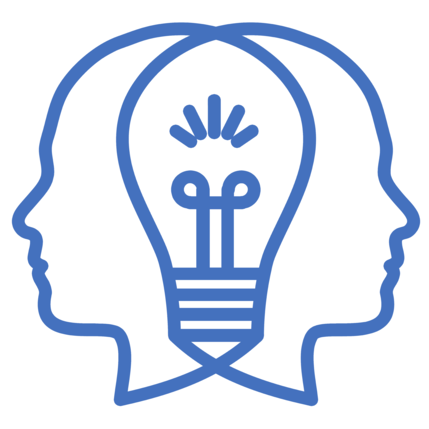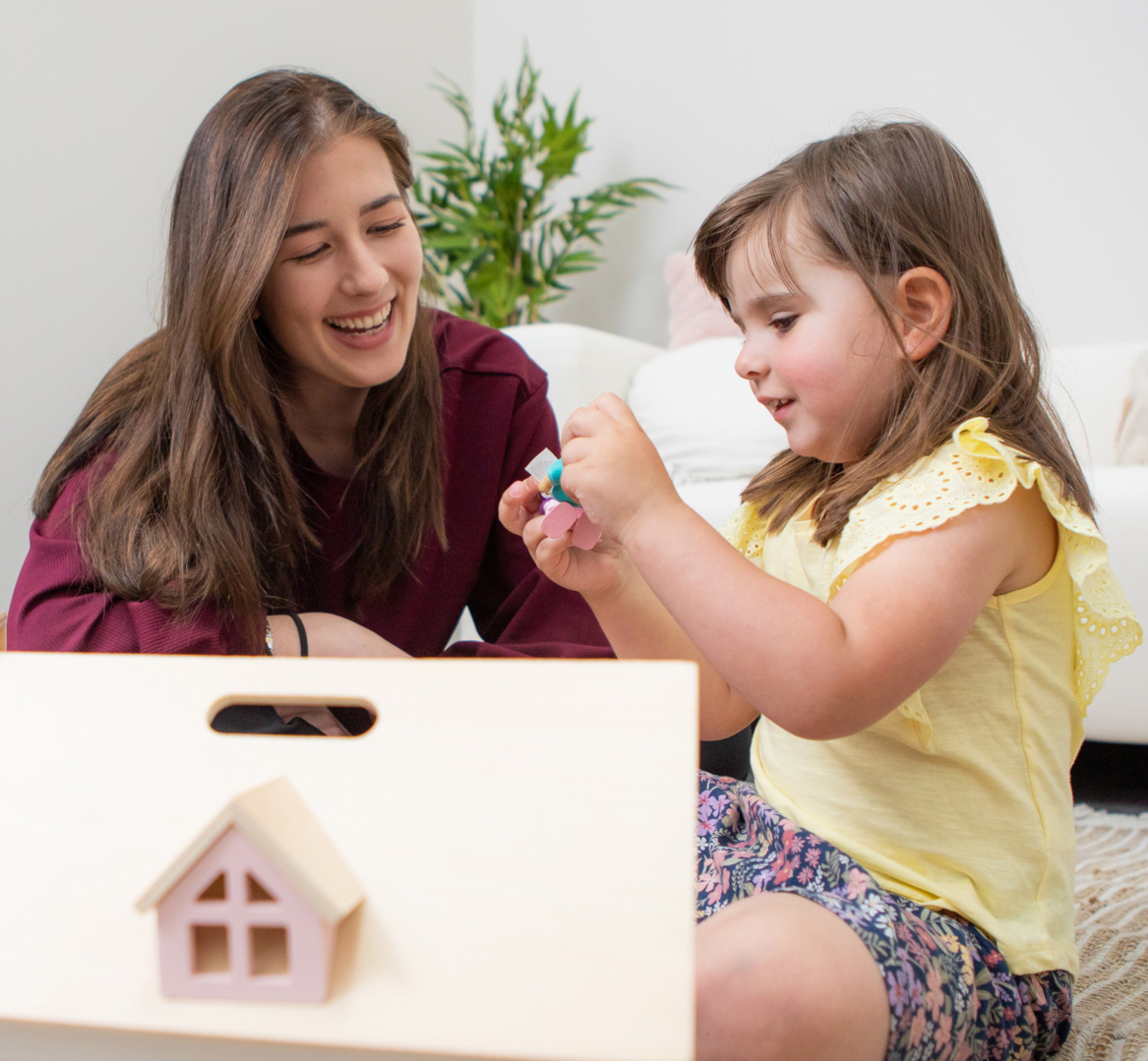Address
- 16-18 Woods St
- Beaconsfield 3807 VIC
- Click to open directions

Do any of the following resonate with you?

Every child is unique and your child may not display all of these signs. You may recognise many of the traits listed above in your child, or just a few.
At Mindspace Psychology, we recognise that early intervention is key. Our tailored Autism assessments for children provide a crucial foundation for understanding your child’s strengths, challenges, and developmental pathways. These assessments offer an essential roadmap, enabling you to make informed decisions about interventions, therapies, and educational support that align with your child’s individual needs.

Autism Spectrum Disorder (ASD) is a neurodevelopmental condition, and is reported to be currently impacting approximately 1 in 150 people in Australia. Early detection of autism significantly improves the quality of life for the child, and provides valuable guidance for their parent(s), family, friends, and teachers.
As children transition through milestones, such as kindergarten and school, parents and/or educators may notice differences in some aspects of the child’s development. While some milestones are easy to identify, others are more challenging. If you are concerned that your child is having difficulty performing everyday tasks and/or not meeting the expected developmental milestones, an autism assessment may be recommended.
Parents of children with Autism Spectrum Disorder (ASD) often report a range of difficulties and challenges that they encounter in their daily lives. It’s important to note that the experiences can vary widely from one family to another and depend on the severity of the child’s ASD. Here are some examples of difficulties commonly reported by parents.
Parents and carers often report complex emotions and transformative experiences upon receiving an Autism diagnosis for their child. Assessing your child for Autism is a journey of growth, acceptance, and learning that leads to a deeper understanding of your child’s strengths and challenges.
What parents say about our child & adolescent autism assessments:
“When we finally got the diagnosis, it was like a puzzle piece falling into place. We could understand our child’s unique journey better and start finding the right support”
“We felt a whirlwind of emotions – confusion, sadness, but also a determination to give our child all the love and tools they need to thrive.”
“Understanding that our child’s brain works differently has taught us so much about acceptance and the importance of embracing neurodiversity.”
What does an Autism assessment at Mindspace Psychology involve?
At Mindspace Psychology, our highly skilled team of professionals are internationally trained and accredited in the USA & UK to conduct Autism assessments. Our Psychologists work in a flexible and individualised way to address any concerns you may have about your child.
Mindspace Psychology offers a fee-for-service model, so you can skip the waitlist and get the information you need sooner. We are flexible and can offer payment plans. Please contact our friendly admin team for further information regarding cost.
Initially, we ask you to come along for a Parent only Consultation. In this session, your Psychologist will discuss the concerns you have about your child and really take the opportunity to get to know your child’s history to ensure the most appropriate assessment package is recommended.
The Child & Adolescent Autism Assessment Process
In this session, your psychologist will conduct an in-depth Parent only Interview with you. You will be asked for details about your child’s development with a particular focus on ages 4-5. It could be helpful to bring your child’s “Blue Book” to this appointment. As this is a parent-only session we ask that you arrange care for your child.
Next a Child Autism Assessment is carried out. This is an interactive session which allows the psychologist to really get to know your child. For younger children a parent or carer is required to attend this session with the child.
Then we conduct a cognitive assessment to explore the way that your child learns, so we can tailor recommendations for teachers on how best to harness your child’s strengths, and support identified challenges in their learning, regardless of if Autism is present or not. This is a child only session but please stay close by (in the waiting room, at the cafe etc) so you can be contacted should they complete the assessment early.
The Psychologist will then reach out to your child’s teacher and any other health professionals involved with your child as this is an important part of assessing and diagnosing Autism. Neither you nor your child are required to do anything at this stage.
The Psychologist will then take a deep dive, spending many hours reviewing your child’s results. They will then formulate your written report and recommendations. We will then provide 2 reports. One for you as the family and one for your child’s school or kinder. In this report we don’t include your personal background information – we only include your child’s results and recommendations on how they can best support your child moving forward but you will receive the full comprehensive report.
The final step in the Assessment package is a feedback session. Here your psychologist will go through the results and report with you, and you will have the opportunity to ask questions. Please note, we are unable to release reports without the feedback session taking place. You will be able to discuss next steps to make sure you are on the right path after the assessment. You may also wish to schedule an additional feedback session with your child’s school – please contact reception for more information on costs and availability.
At Mindspace Psychology we strive to meet the needs of our clients by offering quality services by qualified and well-supported Psychologists.
You do not require a referral to book an assessment at our practice.
If you are ready to get started, fill in the enquiry form below and our friendly admin team will be in touch to discuss your next steps.
To be eligible for Medicare rebates, a referral is needed from a pediatrician or Child & Adolescent Psychiatrist, under the Helping Children with Autism Package (HWCA). GP referrals are not applicable. This referral entitles the child rebates for 4 assessment sessions that are shared across other professionals involved in your child’s assessment (e.g. Speech Pathologist, Occupational Therapist, Psychologist). Your paediatrician or psychiatrist will need to have seen you at least twice before they can make a referral for an assessment under HWCA. Rebates are only available for sessions where the child is present. Some private health providers may provide potential rebates for psychological assessments – please enquire with your private health fund to determine if you are eligible. Your paediatrician will need to have seen you at least twice before they can make a referral for an assessment under HWCA.